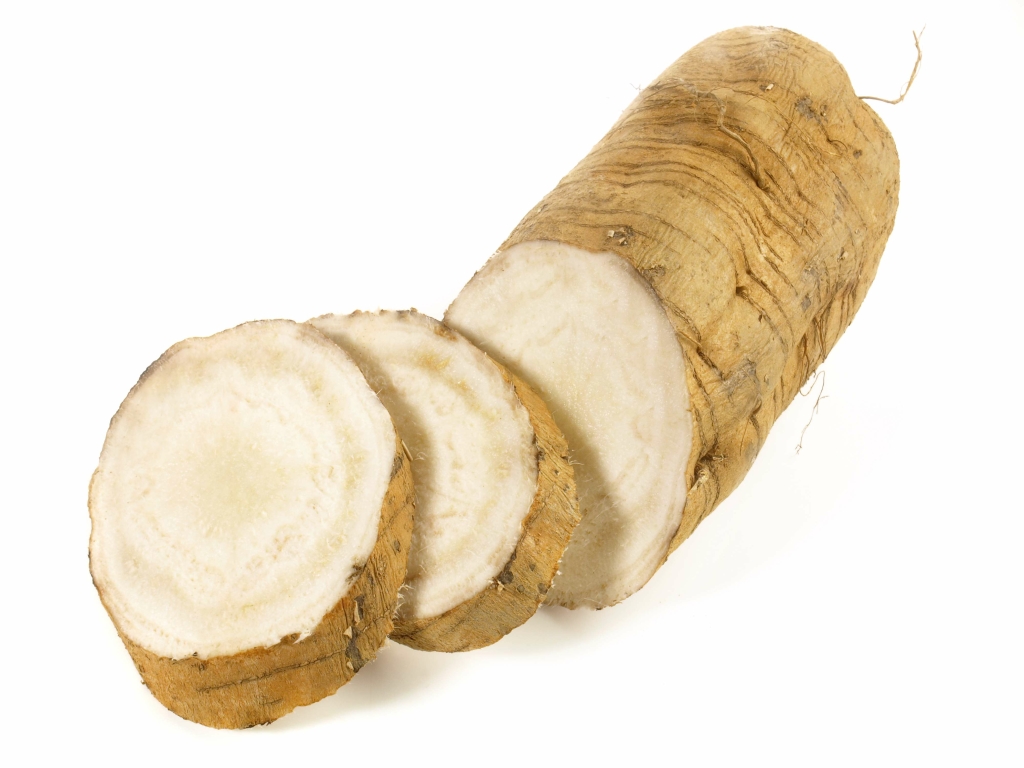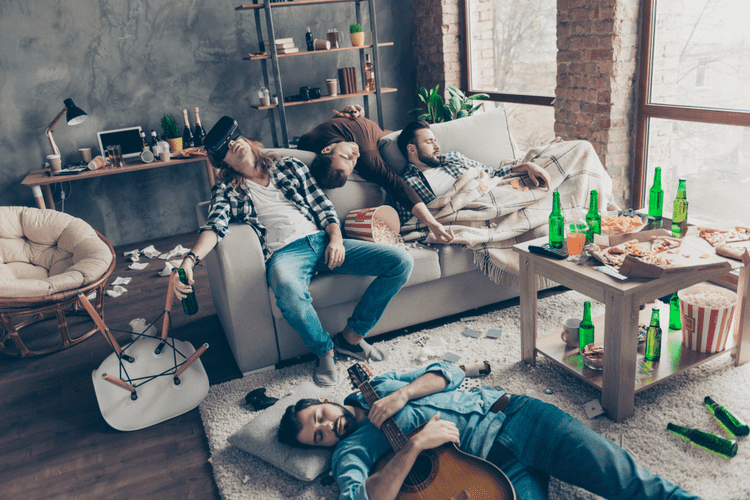Histograms (A, B, C, & D) depict the resampling analysis for the depth of encoding task in the MBO group. Grey bars depict roughly 95% of the resampled distribution, and the red bars show the 2.5% tails at either side, demarcated by vertical dashed lines. Overlaid green bars are a separate histogram (right y axis) showing the frequency of participants’ mean differences (z-scores), with https://cenzure.net/pagescat/5/1100/25/ the same bar width of 0.5 standard deviations. (E) scatterplot displays the difference between the mean accuracy (%) for immediately recalled words in the depth of encoding task, before-alcohol minus after-MBO, correlated with reported minutes slept, within the MBO group. Two additional medications—metformin and troglitazone—are now being used to treat people with type 2 diabetes.
The science behind why alcohol makes a person urinate more frequently
If you never or rarely drink alcohol, you’re not alone—in fact, people with diabetes drink about half as much as other adults. But you’re downtown with your friends and plan on having quite a few drinks, take your long-acting insulin as close to normal as possible without risking forgetting entirely. Will have essentially no noticeable impact on your blood sugars, especially if it means you made sure to take it before the night got too rowdy. At the end of the day, no one expects you to abstain from alcohol for the rest of your life just because you’ve been diagnosed with type 1 or type 2 diabetes.
Diabetes and Alcohol: How Does Alcohol Affect Blood Sugar?
A neurally mediated syncope is usually benign and requires no further treatment. It could occur when a person’s blood pressure drops after they experience pain or dehydration or get up too quickly. When a person consumes a very large volume of alcohol, an en bloc blackout may occur. If this happens, they will not remember anything that they did while they were drinking.
- Those findings suggest that alcohol consumption, particularly moderate consumption, may have a protective effect against cardiovascular disease.
- Given that drinking can make you lose track of what you’re eating, calories (and pounds) can add up quickly.
- We also know that alcohol can cause harm to the developing brain through prenatal exposure [e.g., 20, 21], and during early adolescence [22, 23], thereby changing the developing brain.
- Liver and kidney damage, in particular, can pose several serious diabetic health risks.
- Some recovery of episodes has been observed in people after experiencing a fragmentary blackout, yet this often follows from cues by peers [7].
- Large amounts of alcohol, particularly if consumed rapidly, can produce partial (i.e., fragmentary) or complete (i.e., en bloc) blackouts, which are periods of memory loss for events that transpired while a person was drinking.
When you drink so much that you become unconscious or “blackout drunk”

In contrast to chronic alcohol consumption in the fed state—which raises blood sugar levels, resulting in hyperglycemia—alcohol consumption in the fasting state can induce a profound reduction in blood glucose levels (i.e., hypoglycemia). That effect https://www.doozze.com/HomeExperiments/home-based-limony-acid-experience has been observed in both type 1 and type 2 diabetics as well as in nondiabetics (Arky and Freinkel 1964). Hypoglycemia can have serious, even life-threatening, consequences, because adequate blood sugar levels are needed to ensure brain functioning.
Symptoms Of Dangerous Drinking In Diabetics

Thus, both neuropathy and vascular disease likely play significant roles in impotence in diabetic men. Neuropathy, in addition to other factors (e.g., vascular disease in the penis or altered hormone levels), also may contribute to impotence, which is a common and troublesome complication in diabetic men. The nerves that control erection are part of the autonomic nervous system, which controls numerous vital processes that occur without conscious efforts (e.g., breathing and the contractions of the gut necessary for proper digestion). Because many of the symptoms of hypoglycemia—such as slurred speech, drowsiness, confusion, or difficulty walking—are also symptoms of being drunk, it can be difficult to tell the two apart.
- Subjects also are normally able to recall long-term memories formed before they became intoxicated; however, beginning with just one or two drinks, subjects begin to show impairments in the ability to transfer information into long-term storage.
- It is possible that those who drank no alcohol at the time of randomization were abstinent due to health concerns, what has been termed the “sick quitter” effect (31).
- Your liver will choose to metabolize the alcohol over maintaining your blood glucose, which can lead to hypoglycemia.
Are some people more prone to blackouts?
Activation of the NMDA receptor allows calcium to enter the cell, which sets off a chain of events leading to long-lasting changes in the cell’s structure or function, or both. Alcohol interferes with the activation of the NMDA receptor, thereby preventing the influx of calcium and the changes that follow (Swartzwelder et al. 1995). This is believed to be the primary mechanism underlying the effects of alcohol on LTP, though other transmitter systems probably are also involved (Schummers and Browning 2001).
Alcohol’s Effects on Complications of Diabetes
“If you have type 2 diabetes, you have some level of metabolic disease, and adding the sugar and calories from alcohol to your regular diet is only going to contribute to your metabolic disease,” explains Harris. The reason diabetes and alcohol is such a complicated combination is because your body essentially views alcohol as http://jopamusic.crimea.ua/deniz-farro-demi-lovato-sober-%d1%85-%d1%84%d0%b0%d0%ba%d1%82%d0%be%d1%80-10-%d0%bf%d0%b5%d1%80%d0%b2%d1%8b%d0%b9-%d0%ba%d0%b0%d1%81%d1%82%d0%b8%d0%bd%d0%b3 a poison that the liver must process immediately. If a person experiences blackouts as a result of stress, this is known as a psychogenic blackout. While these blackouts are similar to syncope and epileptic blackouts, the causes are different. If a doctor suspects that a person has epilepsy, they may request an MRI or CT scan.